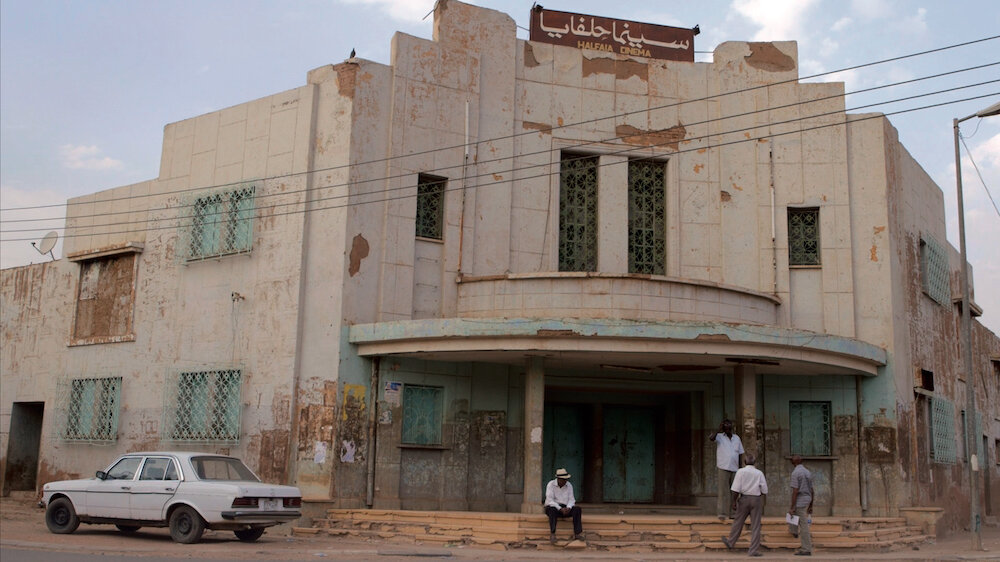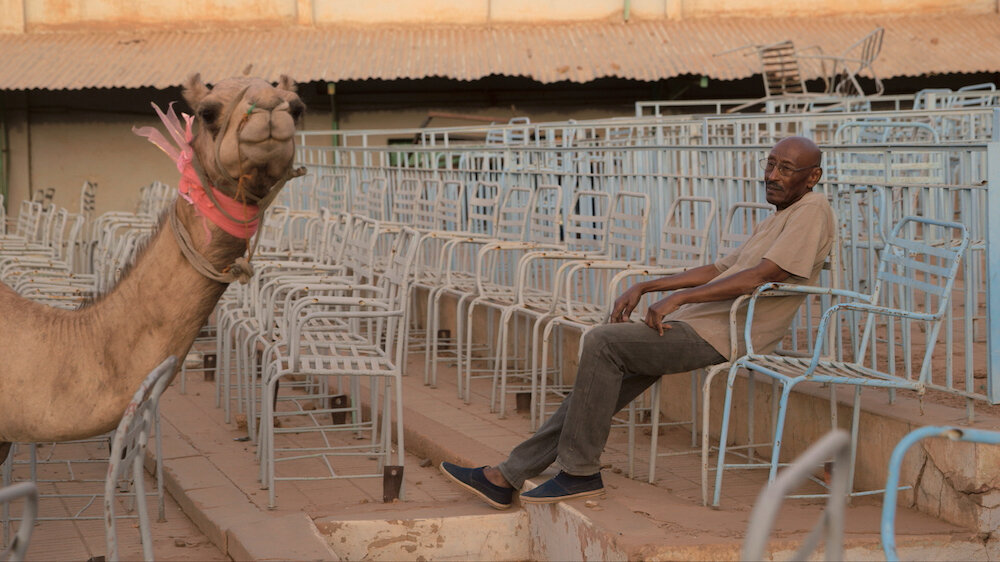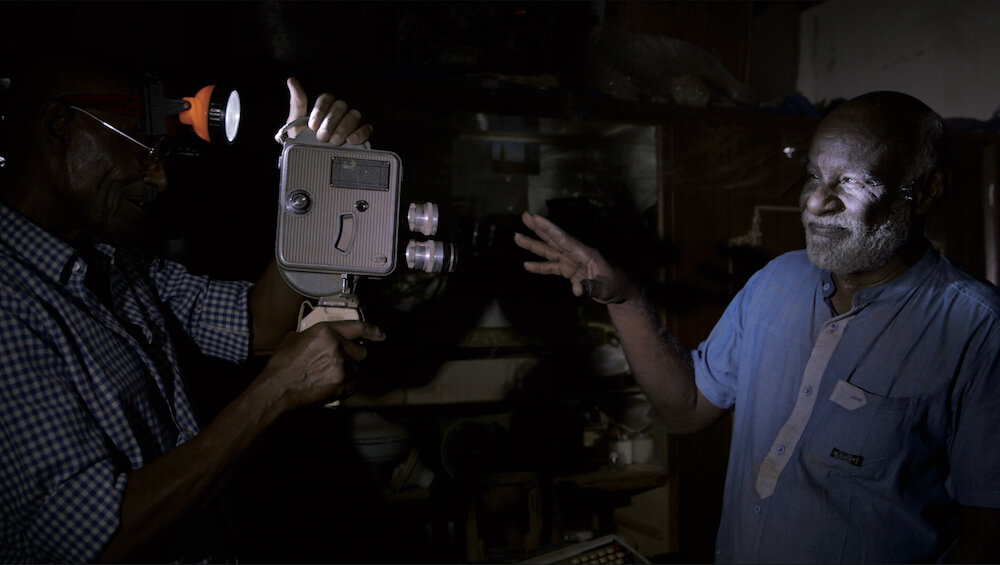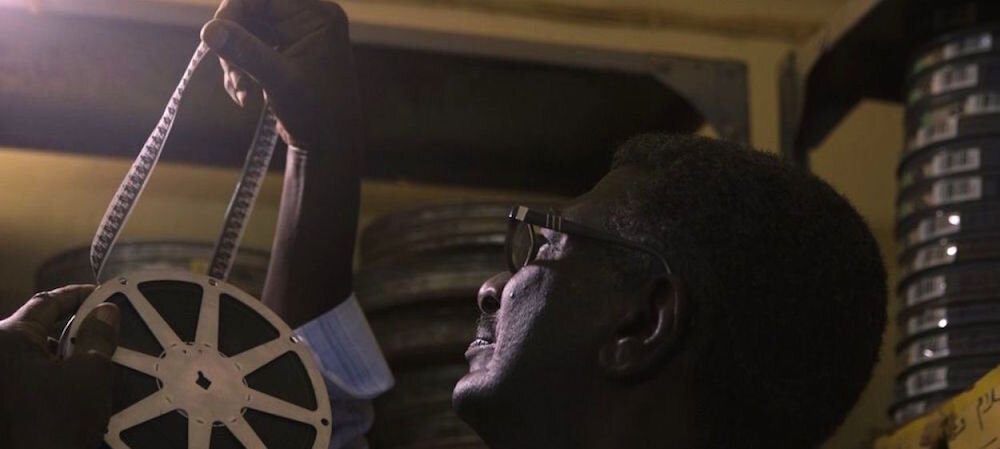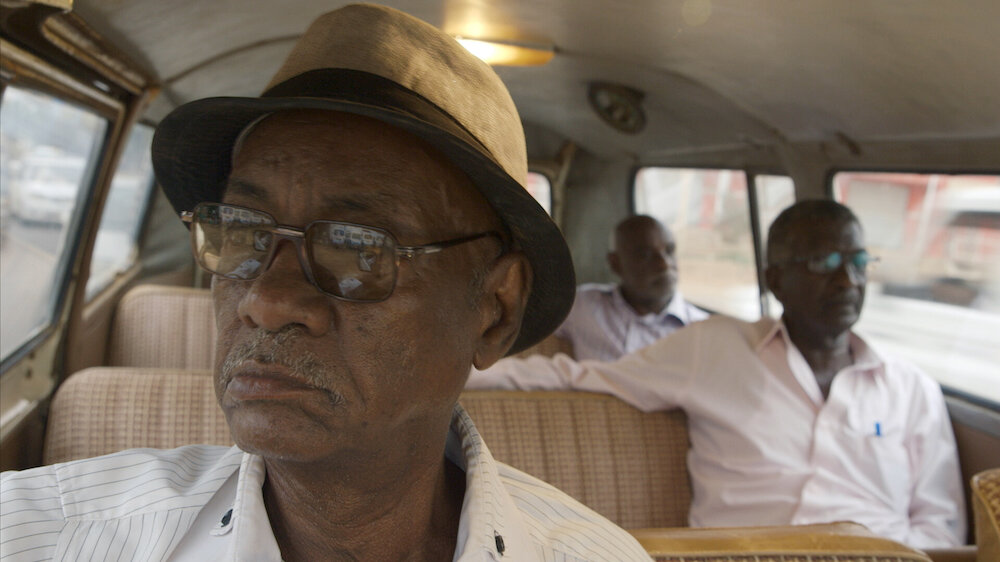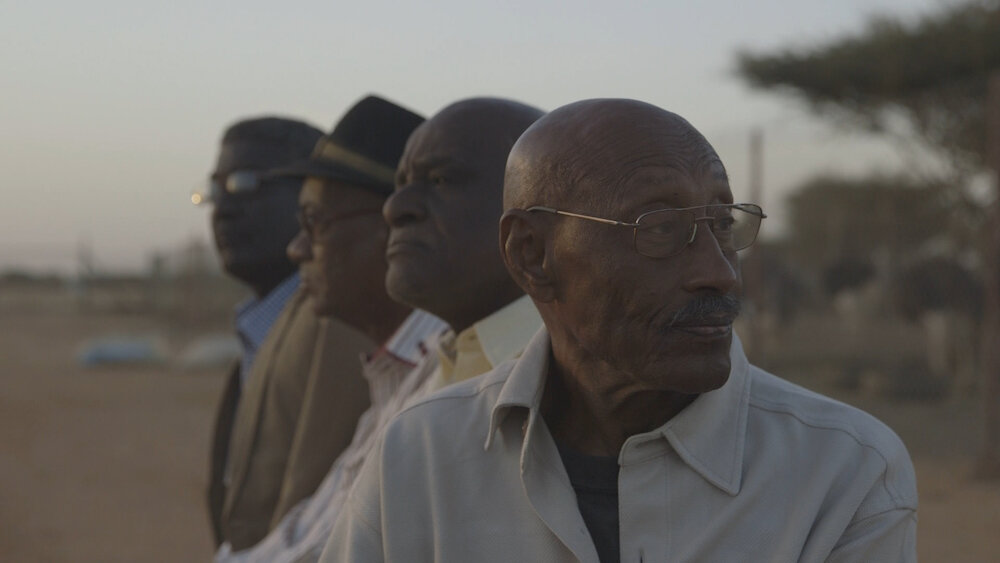Film Screening at The Theatre: Talking About Trees
The award winning film Talking About Trees by Suhaib Gasmelbari will be screening at The Theatre in Mall of the Emirates on Friday, August 28.
Long timers in Dubai will remember that venue as DUCTAC which closed a couple of years ago.
It is now managed by Art For All and provides education and entertainment through live theatre. It is currently running workshops for children, and had a stand up comedy last week.
In March, The Theatre screened its first film, For Sama and Talking About Trees was originally scheduled to be shown soon after, but the pandemic lockdown delayed the screening.
This Friday sees the return of film screenings with the aims of showing a couple of times a month.
Talking About Trees will screen on Friday, August 28 at 8.00pm (doors open at 7.30).
Ticket price:
AED 45 - Row A–F (Regular stalls)
AED 75 - Row G–H (VIP stalls)
AED 55 - Row J–N (Gold stalls)
AED 45 - Row P–W (Balcony)
The Theatre is following the required government regulations with regards to cleanliness and social distancing, including reduced seating capacity with vacant seats next to the booked seats. Guests will be expected to wear masks as well.
You can buy tickets and select your seat on Platinum List’s website.
Talking About Trees
Director: Suhaib Gasmelbari
2019 | 93 mins | Sudan | Arabic with English subtitles
Ibrahim, Manar, Suleiman and Altayeb are the members of the Sudanese Film Club founded in 1989. Unable to make films for years, they have decided to revive an old cinema. They are united not only by their love of cinema and their passionate desire to restore old films and draw attention to Sudanese film history once more, but also by the fact that they all enjoyed a film education outside Sudan.
Their plans to renovate the outdoor cinema come up against bureaucracy, lack of cash and a general fear of upsetting "he who cannot be named." (The film was made before the overthrow of Omar al-Bashir).
In the meantime, they sit together and talk about the past and the history of Sudanese cinema, including their experiences of persecution and even torture as oppositional artists. They recall their times of exile and dream of a Sudan in which art and intellectual thought can be free. "We are smarter than them, but not as strong," is the conclusion.
Even if their plans may be unfulfilled, the strong solidarity and humour of the four no longer young men, and their new recruit, Hana, do give hope for the future.
